Despite improved access, millions of women in South Sudan still walk for miles to get clean water
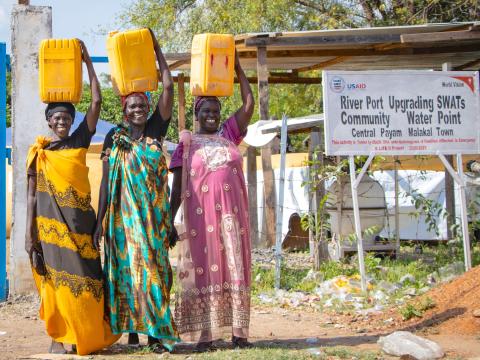
Over 6.1 million people have either inadequate or lack of access to clean water, according to the latest UNOCHA South Sudan Humanitarian Needs Overview, 50 and 54 percent of these are women and children, respectively.
Lack of access means, in this day and age, millions of women in the country still walk for eight hours or even more to access water that is not even clean and can pose health risks to communities.
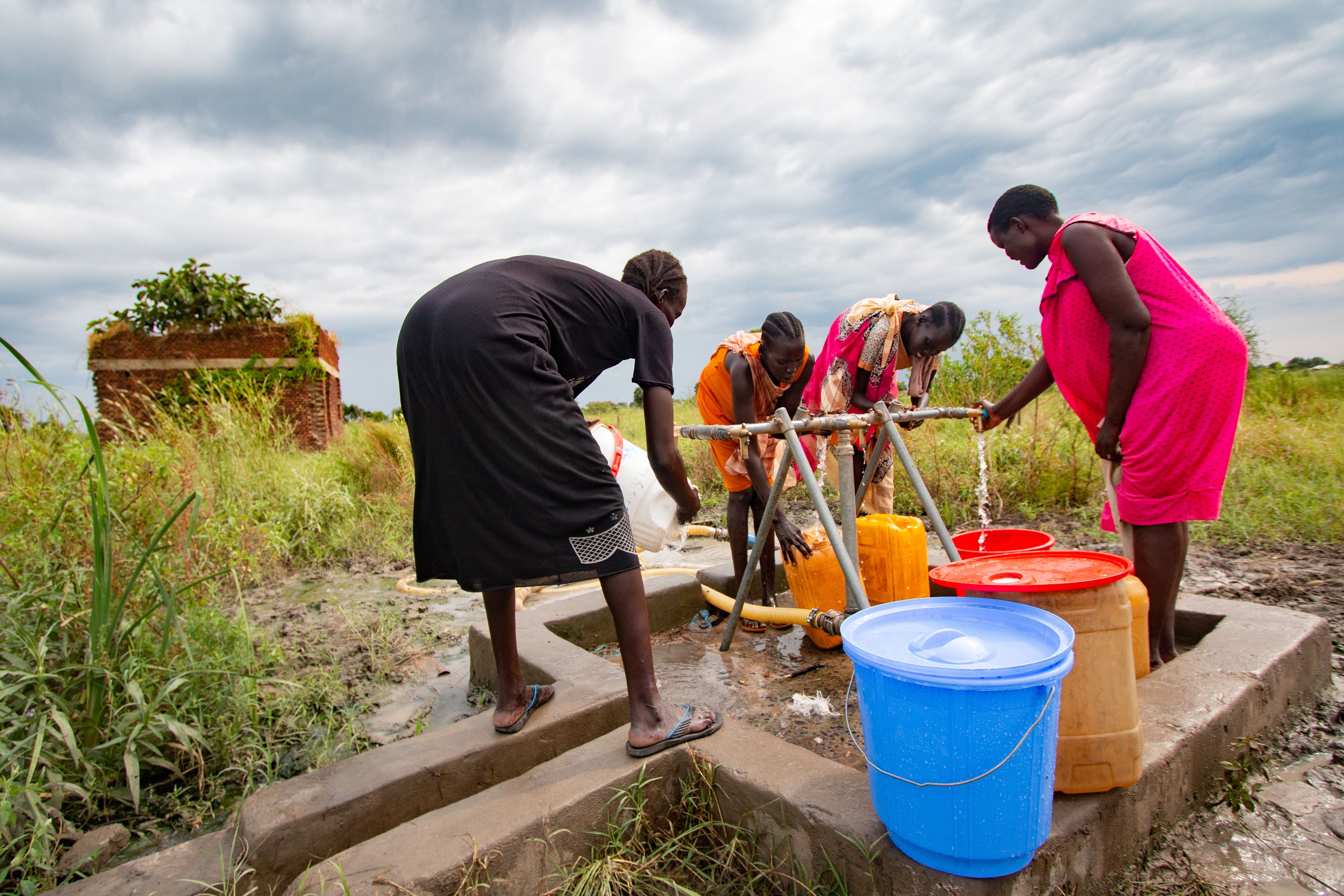
Nyanyok, a 35-year old mother, shared her struggles noting that women who suffered due to inadequate access to safe water supply before; World Vision installed the solar-powered water system in Upper Nile State’s Malakal town.
To make access to safe adequate water a reality in many parts of the country, there is need to conserve ground water, involve the local community management structural for World Vision’s National WASH Technical Manager Isaiah Sei.
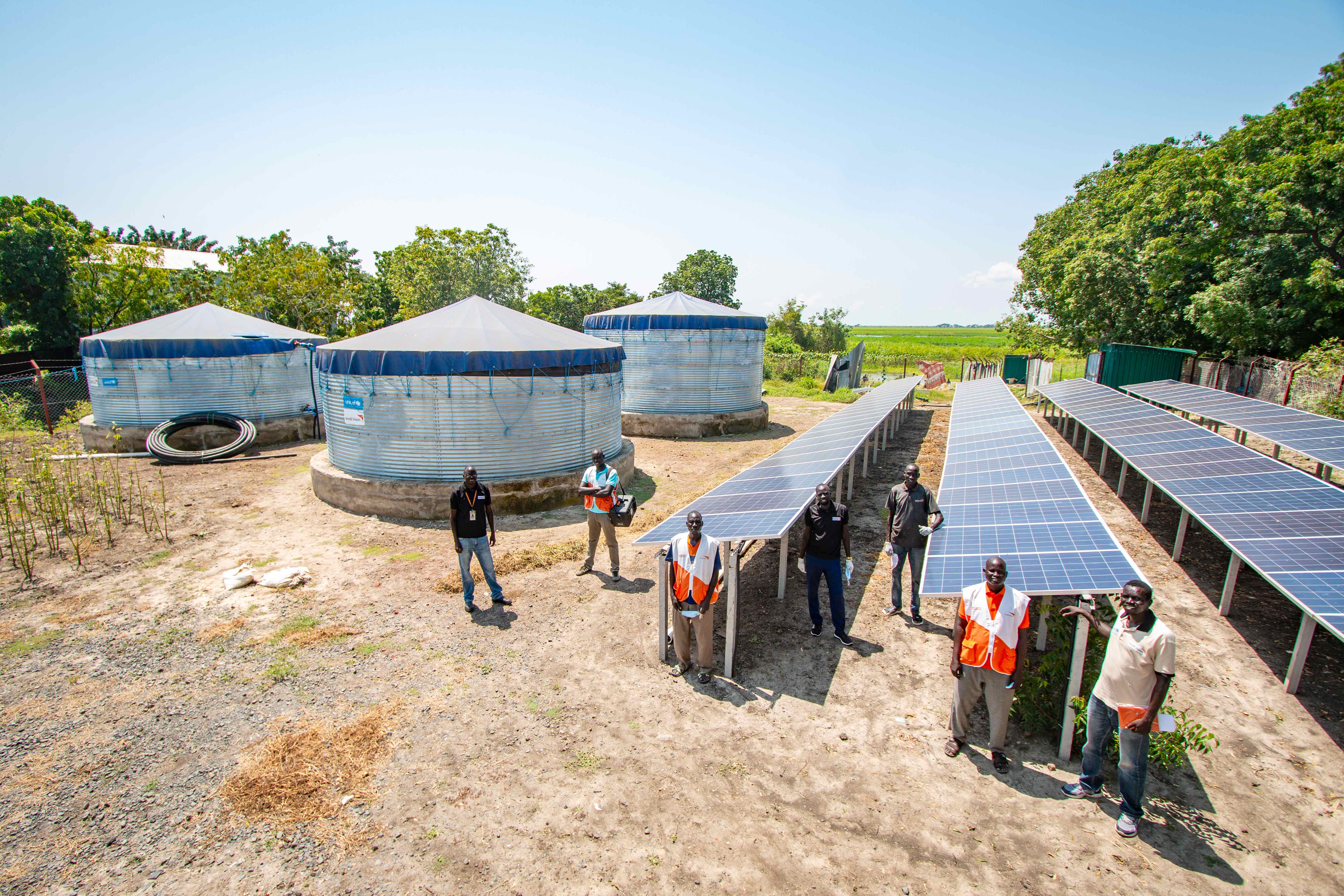
“We can continue to increase access to safe water supply on a reasonable distance for women tasked in fetching every day by also investing in ground water exploration, borehole development through solar-powered motorized system”, Sei adds.
Nyinkak, Nyanyok’s 11-year old daughter, shared how their life changed when water points were installed near their houses. She is able to help her mother and is safe for her to do it. Even preparing for school was convenient because water is available for their washing needs.
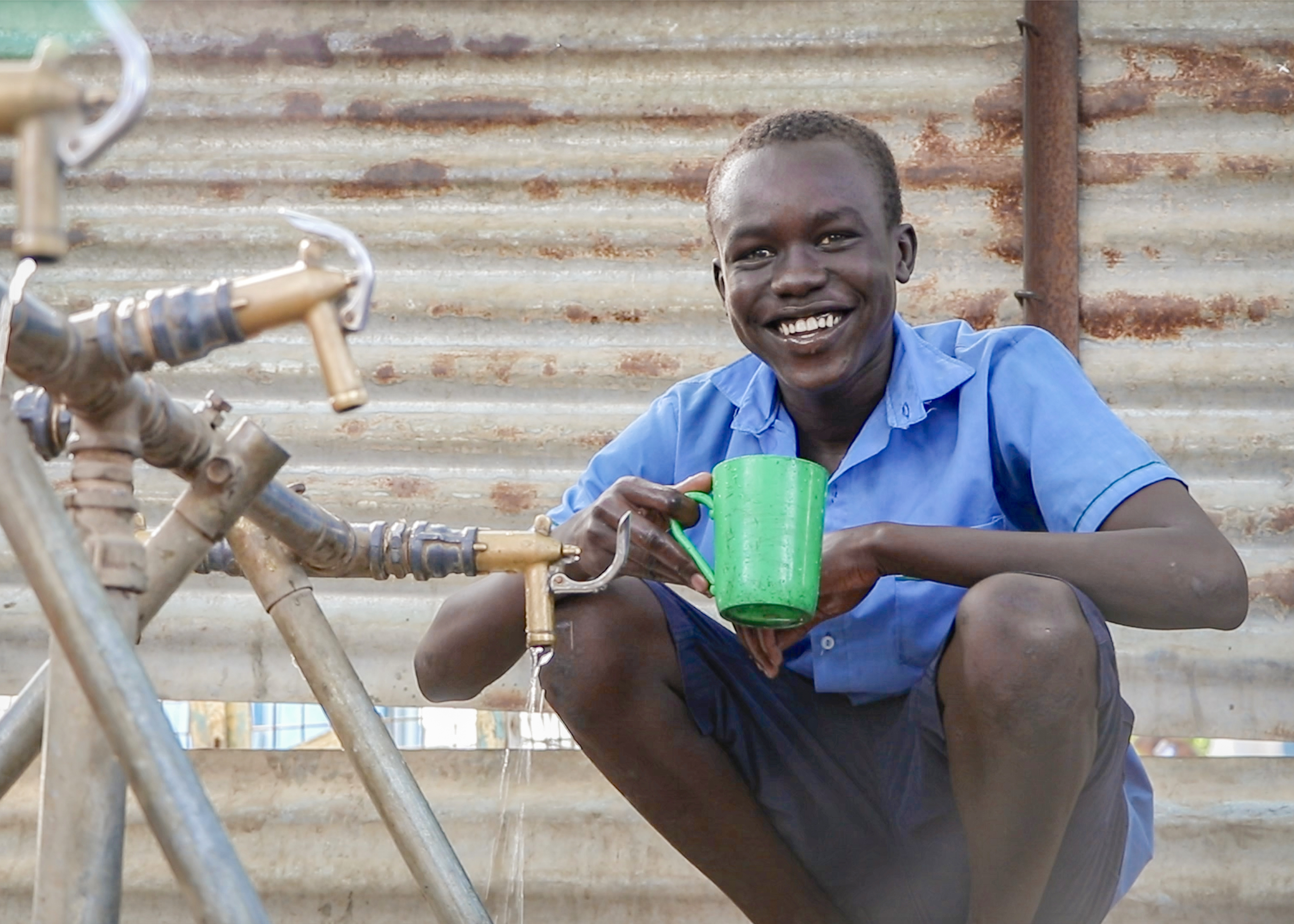
Sei, a 12-year WASH veteran, four years of which was spent serving South Sudan, saw the progress in people’s lives, especially the women, as World Vision strengthened its water, sanitation and hygiene (WASH) programming.
He can still remember how available water supply in Upper Nile State stopped the perennial cycles of cholera and diarrhea outbreaks. “We have come a long way but more needs to be done. Many communities are still in need of reliable, sustainable and safe water supply”, he says.
We can continue to increase access to safe water supply on a reasonable distance for women tasked in fetching every day by also investing in ground water exploration, borehole development through solar-powered motorized system.
The rehabilitation of 65 boreholes, two community spring water projects and upgrading of seven boreholes with solar-powered motorized system have produced an average daily supply of 1,414,140 liters for 67,340 people in Western Equatoria, Bahr El Ghazal and Warrap states in recent report.
He can still remember how available water supply in Upper Nile State stopped the perennial cycles of cholera and diarrhea outbreaks. “We have come a long way but more needs to be done. Many communities are still in need of reliable, sustainable and safe water supply”, he says.
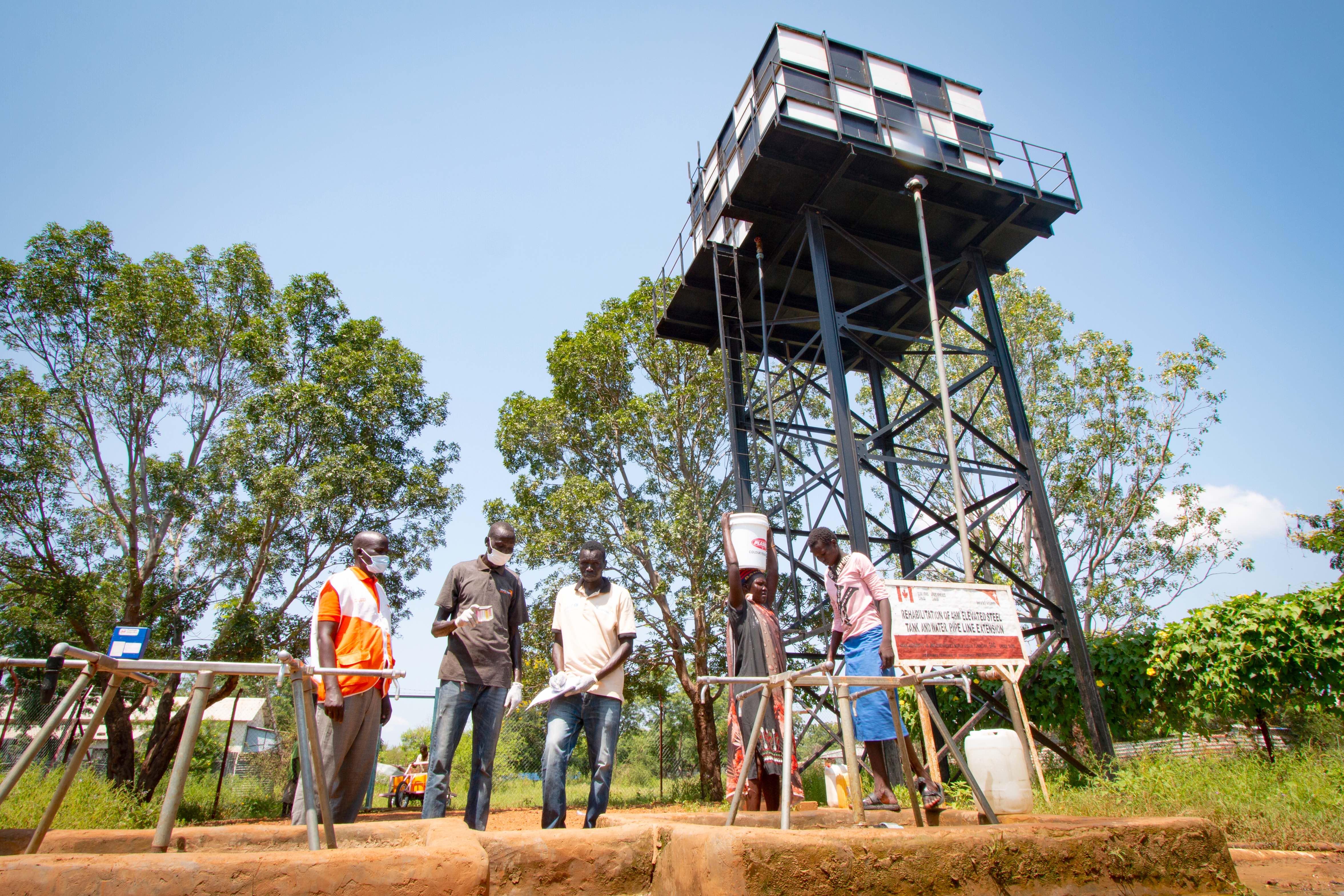
In total, World Vision was able to provide over 386,000 people with access to clean water fit for safe consumption, including those in Upper Nile and Central Equatoria states.
Along with this, 47 health facilities were equipped with functional water sources, with improved sanitation facilities, strengthening the campaign against malnutrition and various preventable diseases.
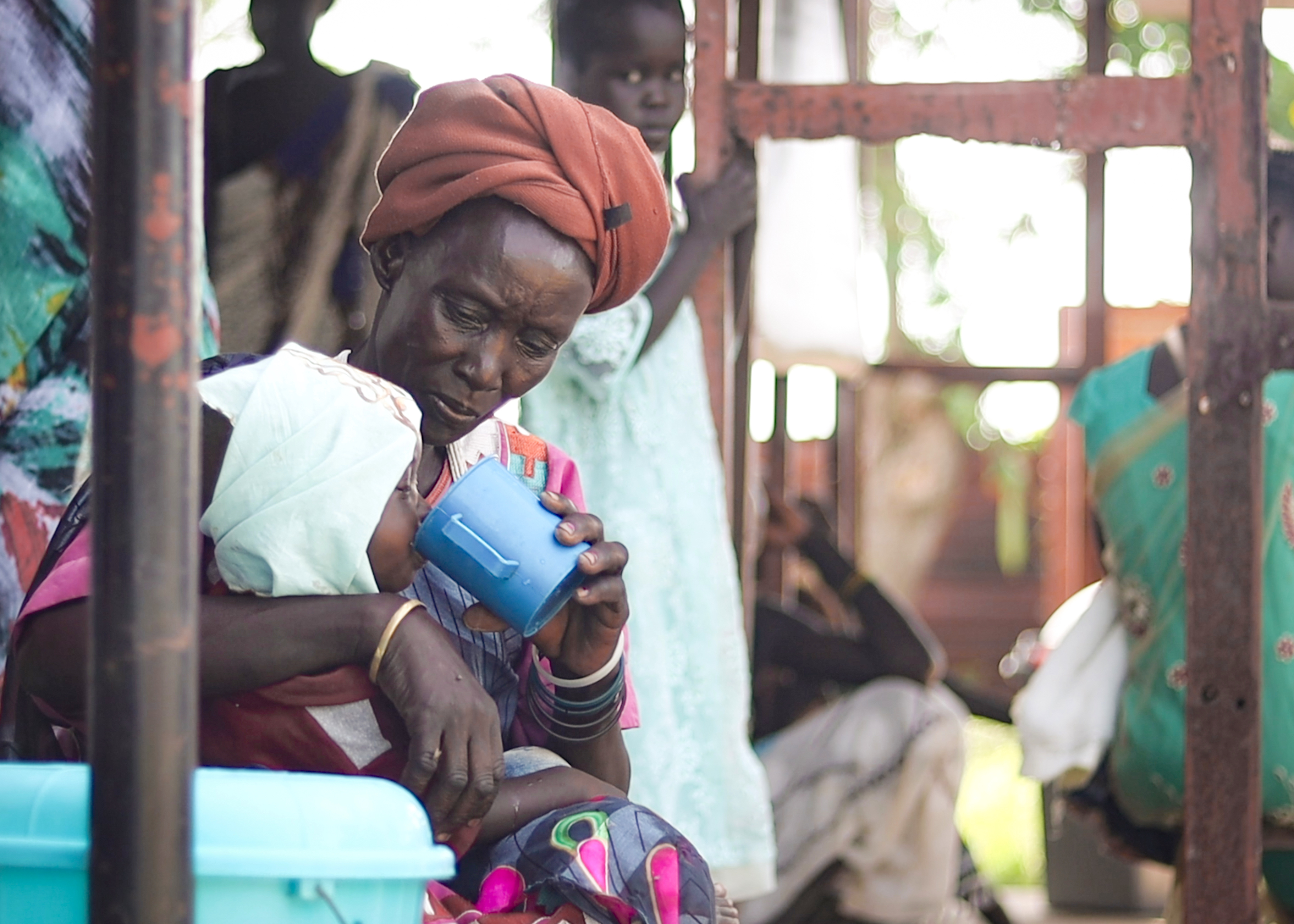
This contributed to reduced incidence of water-borne diseases and prevention of outbreaks, increased food production and income through irrigation of farms, and water supply for livestock, reaching-out to cattle keepers.
World Vision’s WASH program in South Sudan is composed of six projects manned by 70 staff and 43 government-seconded staff. Its key partners include the National WASH Cluster, National, State and County Ministry of Land, Housing and Public Utility, and the Department of Water and Sanitation.
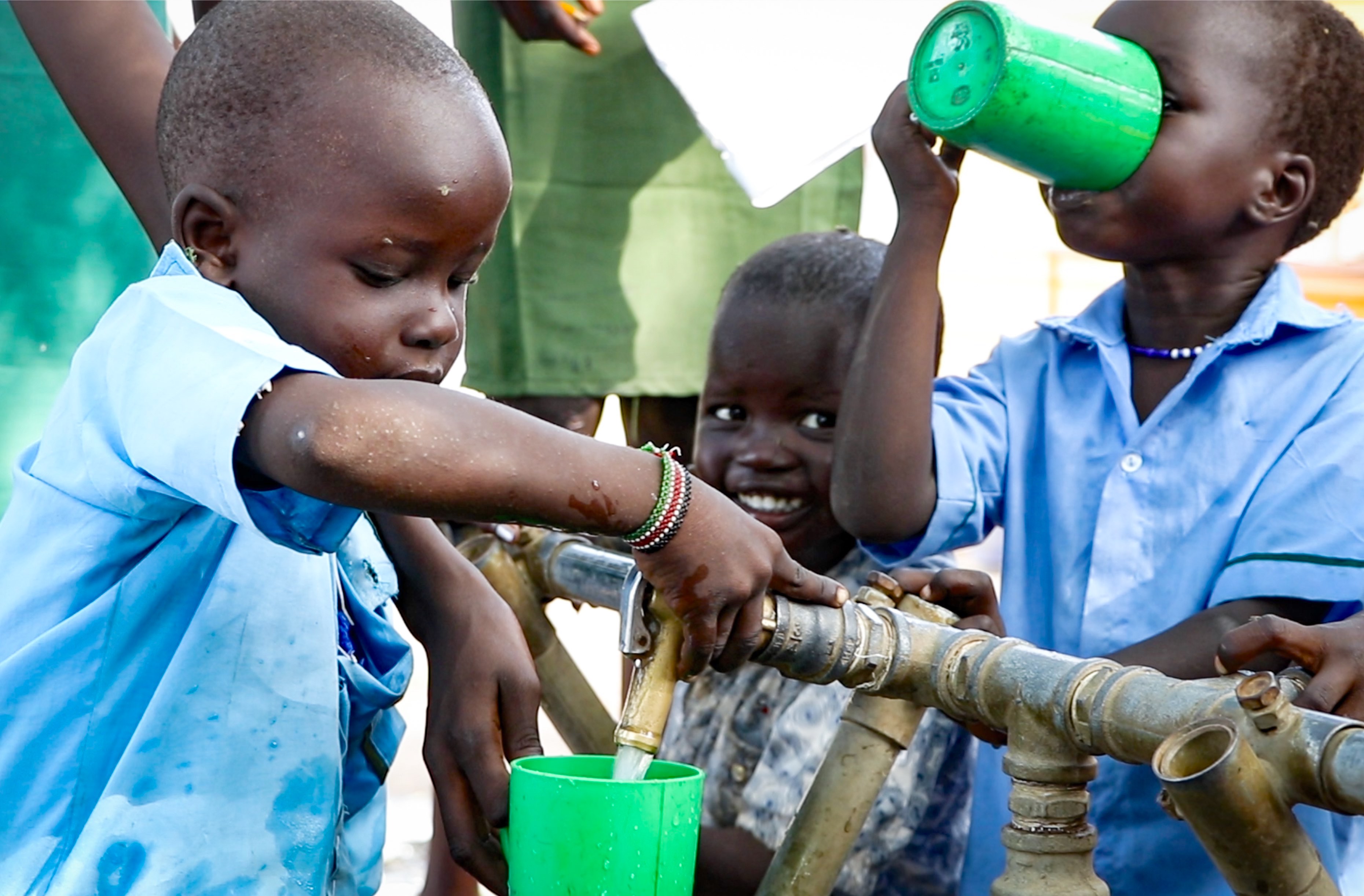
Article by Cecil Laguardia, Advocacy and Communications Senior Manager I Photos by Eugene Combo and Christopher Lete / Communications